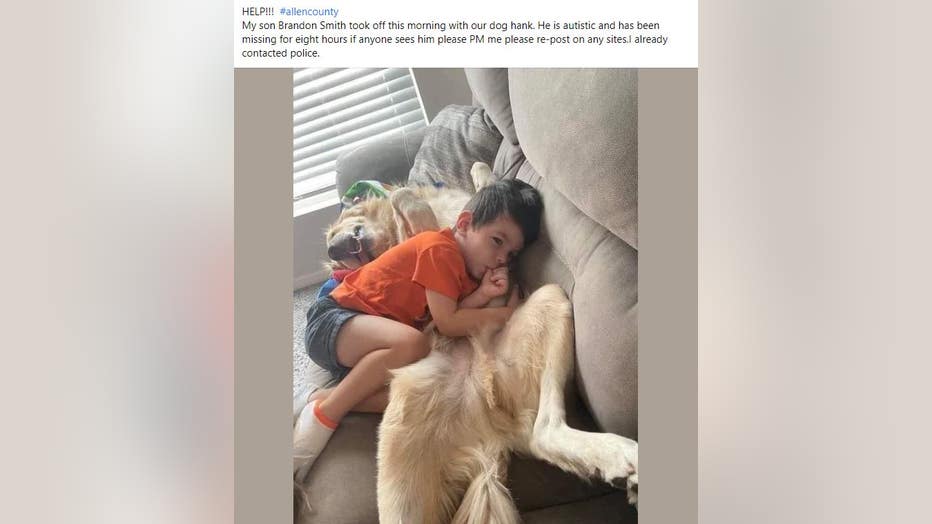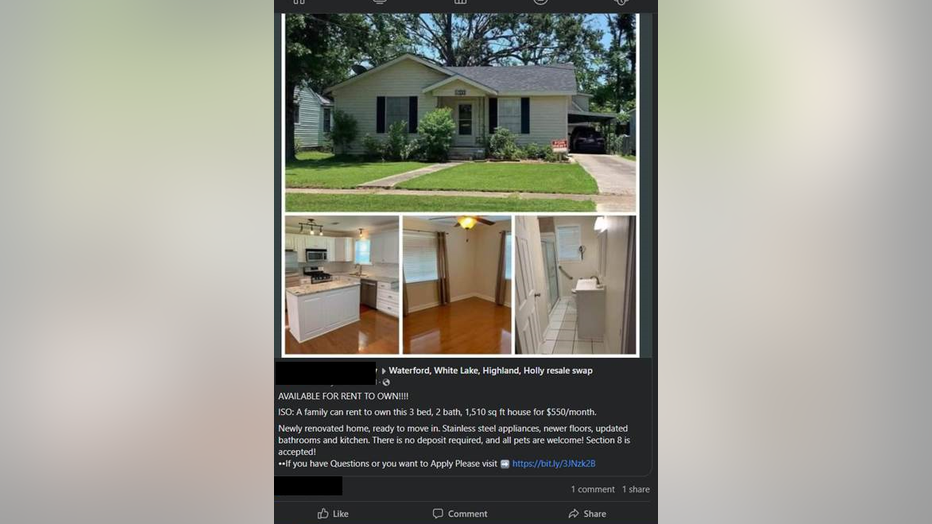Scammers target victims with fake missing person and animal Facebook posts -- What to look for
DETROIT (FOX 2) - Scammers are appealing to people's emotions to spread scams and steal personal information and money.

Here's how it works: You see a Facebook post about a missing child, so you share it. More and more people share this post until it has a far reach. When this happens, the scammer edits the post to show a scam with phishing links.
Typically, this will be a contest with a link to enter or a home for rent with a link to apply. Since you shared the original post, the edited one is on your profile, advertising the scam to your friends, and you may have no idea.

Posts about found animals have also been used to peddle similar scams.
READ: Beware of scammers changing Facebook posts after you share them
Don't be scared thinking all posts about missing children are scams, though. There are some telltale signs in the original post that can help you identify the scam.
For instance, these posts are found in groups that are public, and the original poster will turn the comments off.
Speaking of the poster – take a look at their profile. How new is the profile? How many friends does the person have? Where does it say they live? This information could offer clues to if the profile is legitimate.
Also, many of these missing posts are copied and pasted with only the location changed, so if you aren't sure, look up the post and see if it's been posted by other people in other areas. One that has been making its rounds for the past few months is about a child with autism running off with a dog named Hank. The photo is either a boy and a dog, or a boy and a girl with a dog.
The posts are vague - they always include a city or county or not an exact area where the so-called missing child left from. If a child is reported missing from your area in a post, check the news and social media accounts of nearby law enforcement agencies to see if they are reporting the missing child.
"It’s very concerning because the original plea looks legitimate," said Melanie Duquesnel, the BBB president and CEO. "Scammers are sharing these posts in legitimate groups, putting not only the group members but also their friends at risk."
If you run into a similar post and believe it may not be legitimate, do not share it and report it to Facebook and the BBB.

